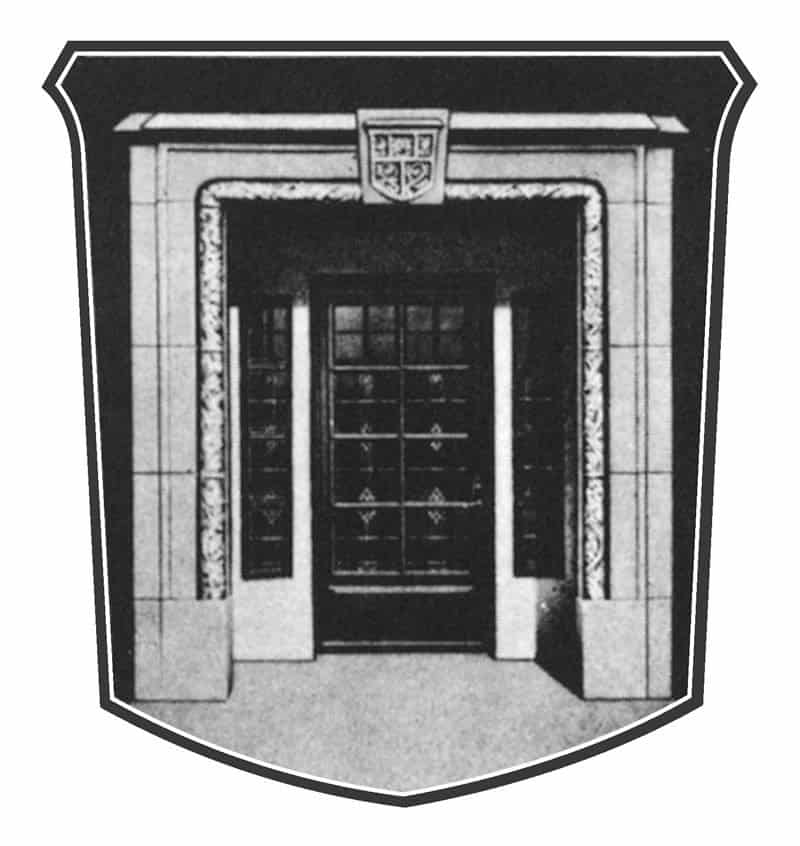By Samuel M. Beale Jr., MD
 Summary: Dr. Samuel Beale Jr. was a practicing physician in the town of Sandwich, Massachusetts, for nearly fifty years, from 1914 to 1964. Spurred by a discovery made early in his career, he applied low doses of insulin therapeutically to a breadth of conditions ranging from high blood pressure, head trauma, and liver disease to syphilis and cancer, all with remarkable success. In this 1937 lecture, Dr. Beale shares clinical observations of his insulin therapy, emphasizing the critical role played by nutrition in his treatments. “The use of insulin should be considered only in conjunction with the securing of a diet complete in all the food essentials, including fats, carbohydrates, proteins, minerals, vitamins, amino acids, and sterols,” he declares, adding that “predisposition to disease appear[s] to be secondary to endocrine deficiencies or imbalances, and these seem associated with dietary deficiencies…” Dr. Beale’s words echo the notion popular among some of nutrition’s greatest pioneers—including Drs. Royal Lee, Weston A. Price, and Sir Robert McCarrison—that endocrine damage resulting from malnutrition is the basic mechanism behind most disease in the modern world. (Dr. Beale attributed much of the nutritional success of his practice to Dr. Lee’s famous raw-food concentrates, as he tells Dr. Lee in this poignant 1962 letter.) From Transactions of the Forty-Third Annual Meeting of the American Laryngological, Rhinological, and Otological Society, Inc., 1937. Reprinted by the Lee Foundation for Nutritional Research.
Summary: Dr. Samuel Beale Jr. was a practicing physician in the town of Sandwich, Massachusetts, for nearly fifty years, from 1914 to 1964. Spurred by a discovery made early in his career, he applied low doses of insulin therapeutically to a breadth of conditions ranging from high blood pressure, head trauma, and liver disease to syphilis and cancer, all with remarkable success. In this 1937 lecture, Dr. Beale shares clinical observations of his insulin therapy, emphasizing the critical role played by nutrition in his treatments. “The use of insulin should be considered only in conjunction with the securing of a diet complete in all the food essentials, including fats, carbohydrates, proteins, minerals, vitamins, amino acids, and sterols,” he declares, adding that “predisposition to disease appear[s] to be secondary to endocrine deficiencies or imbalances, and these seem associated with dietary deficiencies…” Dr. Beale’s words echo the notion popular among some of nutrition’s greatest pioneers—including Drs. Royal Lee, Weston A. Price, and Sir Robert McCarrison—that endocrine damage resulting from malnutrition is the basic mechanism behind most disease in the modern world. (Dr. Beale attributed much of the nutritional success of his practice to Dr. Lee’s famous raw-food concentrates, as he tells Dr. Lee in this poignant 1962 letter.) From Transactions of the Forty-Third Annual Meeting of the American Laryngological, Rhinological, and Otological Society, Inc., 1937. Reprinted by the Lee Foundation for Nutritional Research.

